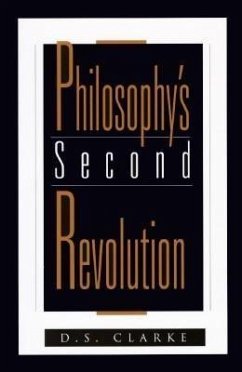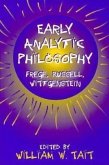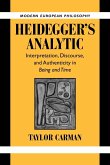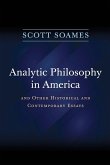Philosophy's Second Revolution is designed to introduce general readers and students to the methods and issues distinctive to 'analytic philosophy'. At the same time, D.S. Clarke presents a bold, heretical interpretation of the historical development of analytic philosophy. Analytic philosophy entered a new phase in about 1960, characterized by materialistic metaphysics, an attempt to assimilate philosophy to the natural sciences, and an attempt to reinstate normative ethics as a means of guiding conduct. Clark argues that this new phase of analytic philosophy was a diversion. Contemporary materialism rests on the view that our mental language has fact-stating functions, a mistaken perspective which overlooks language's primary transactional role of influencing others through evaluation. Clarke proposes a conception of philosophy that provides an alternative to the reductions of materialism and the search for normative principles. Philosophy's proper role is to describe similarities and differences among differing levels of language, specifically the familiar level of discourse within an ordinary language shared by all and the specialized discourses of social institutions such as science, law, and the arts. By constructing a logical framework in which these comparisons and contrasts can be made, philosophy performs the indispensable role of promoting the integration of disparate elements of our culture.
Hinweis: Dieser Artikel kann nur an eine deutsche Lieferadresse ausgeliefert werden.
Hinweis: Dieser Artikel kann nur an eine deutsche Lieferadresse ausgeliefert werden.








